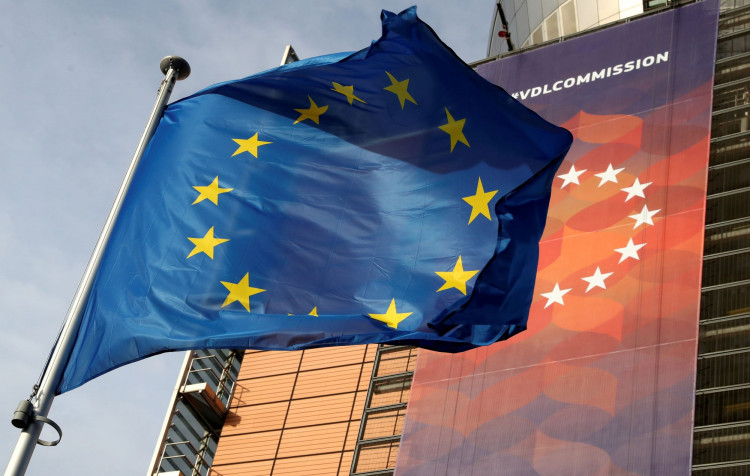The European Union has revealed two proposed laws curbing the competition-killing behavior of Big Tech firms such as Google, Inc. and Facebook, Inc. and taking tougher actions against fake news and misinformation.
Unveiled Tuesday by the European Commission, the EU's executive arm, were the Digital Markets Act (DMA) and the Digital Services Act (DSA). Both pieces of legislation will work together to address long-standing EU grievances against the huge European market dominance of American Big Tech firms and these firms' alleged penchant for violating user privacy.
The bills, however, will have to be approved by European governments and lawmakers. Margarethe Vestager hopes the new rules will be adopted "as fast as possible." She admitted this sped-up process might take as long as two years to complete.
Vestager, who is the executive vice president of the European Commission for A Europe Fit for the Digital Age, said both bills will ultimately serve a dual purpose.
"To make sure that we, as users, have access to a wide choice of safe products and services online," she said. "And that businesses operating in Europe can freely and fairly compete online just as they do offline."
DMA will be applicable only to large companies identified as gatekeepers according to objective criteria set out in the bill.
It aims to prevent gatekeepers, which will mostly be Big Tech firms, from imposing unfair conditions on businesses and consumers, and will ensure the openness of important digital services.
Their role as gatekeepers grants Big Tech the power to act as private rule-makers and to become bottlenecks between businesses and consumers, said the EC.
The bill will have to allow users to uninstall apps that have originally come with their devices, and performance metrics will also have to be shared for free with advertisers and publishers.
The proposal imposes fines as high as 10% of worldwide annual turnover on companies that violate the new rules. But more important, the act wants to enforce remedies that lead to practical changes rather than imposing fines.
An EU official said other penalties include forcing companies to divest if they breaks the rules systematically. This step seems to be a last resort and will be resorted to only "if no other remedy is available."
DSA will address illegal and harmful content by asking platforms to rapidly take it down. It will also levy heavy fines on companies that don't follow these rules.
The act seeks to better protect consumers and their fundamental rights online. It also intends to establish a powerful transparency and a clear accountability framework for online platforms.
DSA updates the EU's legal framework, and modernizes the e-Commerce Directive adopted in 2000. These changes will mean new legislation regarding illegal content, transparent advertising and disinformation.
DSA regulates the obligations of digital services acting as intermediaries in their role of connecting consumers with goods, services and content. It will better protect consumers and their fundamental rights online.
It will also establish a powerful transparency and accountability framework for online platforms and lead to fairer and more open digital markets.






